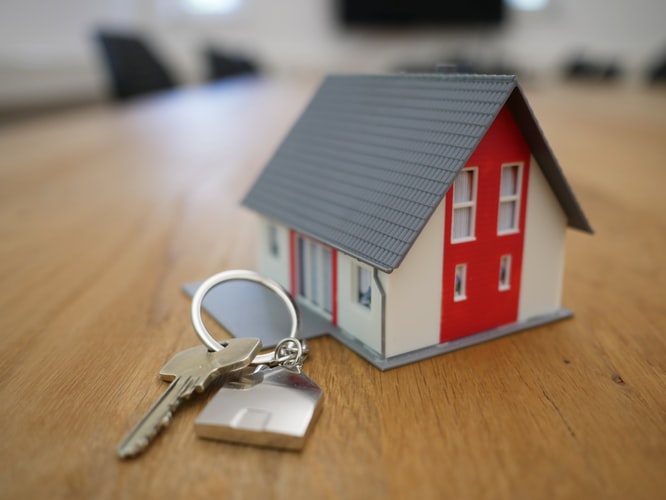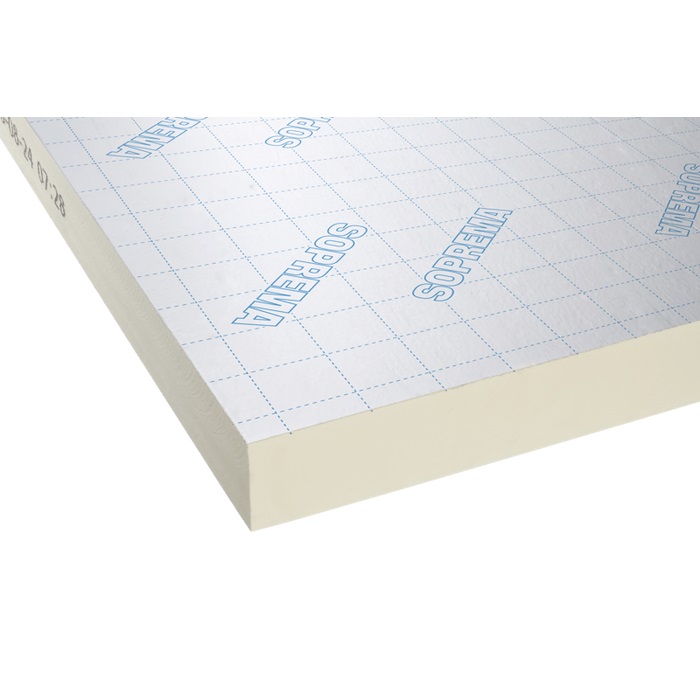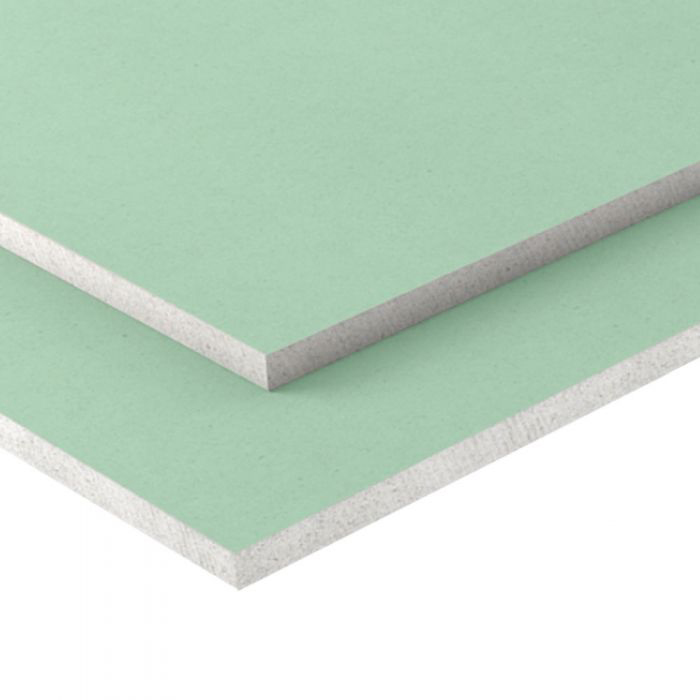MOVE OR IMPROVE? AN UPDATED GUIDE FOR 2025

(Originally Published: October 2016)
For many of us, a growing family or a change in lifestyle means we eventually need more space. This often presents a fundamental question: Do you move to a bigger and (probably) more expensive house, or do you stay where you are and extend?
Back in 2016, this was a big decision, and in 2025, it's more important than ever to get it right. With higher interest rates, fluctuating property markets, and the ever-increasing cost of materials, understanding the financial and logistical implications of both options is crucial.
This blog is your first step on the research ladder, providing an up-to-date look at the pros and cons of both options to help you make your decision armed with all the knowledge you need.
Should you move house….?
When you’re feeling squeezed in your current home, it’s tempting to start scrolling through property websites, dreaming of a new, spacious abode.
The Pros: The benefits are clear: a larger property offers more space, separate bedrooms for the kids, a bigger kitchen for entertaining, or a dedicated home office. It can also be a chance to move to a new area with better schools or a more convenient commute. Moving can be an exciting, fresh start.
The Cons: A larger property usually means a larger mortgage. But don’t forget the hidden costs. Your Council Tax band will likely be higher, and a bigger home will almost certainly have higher utility bills.
The process of moving is expensive. As of 2025, the average cost to move house in the UK is estimated to be around £13,018 based on an average house price of £292,000. This includes:
•Estate Agent's Fees: These are a big one for sellers. A typical commission is 1% to 3% + VAT of the final sale price. On a £300,000 house, that's £3,600 to £10,800.
•Solicitor/Conveyancing Fees: You'll need legal help to buy and sell. Fees can range from £800 to £1,800, plus disbursements.
•Stamp Duty Land Tax (SDLT): This is a significant cost for buyers. The amount you pay depends on the property's price and your buyer status. From April 2025, the thresholds are set to:
o £0 - £125,000: 0%
o £125,001 - £250,000: 2%
o £250,001 - £925,000: 5%
o.. and so on. Always use an online calculator to get an accurate figure.
• Removal Costs: A professional removal company for a 3-bedroom house can cost anywhere from £1,200 to £1,700, depending on the distance and services required.
If you have children, think about the impact of a move. Are the schools in your new area as good as your current ones? Will they be able to get there easily, or will a longer commute be a source of stress? And if you have a job to commute to, be sure to test the route during peak times before committing to a new location.
Moving House: Case Study (Updated)
Dean and Kathryn Beaumont still live in their larger detached house in West Yorkshire. Their children are now teenagers, and the extra space has become even more valuable.
The problem: The small bedrooms and lack of outdoor space in their old townhouse felt cramped. Dean’s business needed storage, and they wanted more space for a growing family.
The solution: A move to a larger, detached house in a nearby area they loved, with plenty of space for the family and Dean's business.
Why did you choose to move rather than extend? "Extending wasn't a good option for us as it would have taken up what little garden we had. We also needed more overall space, so a new house was the best fit."
How has the move made a difference? "Moving was a fantastic decision for us. The kids now have their own space, and we have a large kitchen-diner which is the real hub of the house. We use the huge garden for everything from family barbecues to just relaxing, and the extra garage space has been a lifesaver for my business."
Any surprise costs? "We planned our budget very carefully, so there were no major financial surprises. The only thing we didn't account for was the yearly council-owned land rental, which we've now bought outright."
Best advice? "Focus on finding a house that meets your needs in an area you love. If it's a good fit, the extra costs of moving are a worthwhile investment in your family's future."
Or should you build an extension….?
If you’re happy with your location—the schools are great, the neighbours are friendly, and your commute is easy—but you just need more room, a house extension could be the right option for you.
The Pros: An extension can completely transform your home and give you that "new house" feeling without having to move. It’s an opportunity to create a bespoke space—a spacious kitchen-diner, a peaceful home office, an extra bedroom, or a much-needed second bathroom. A well-planned extension often adds more value to your home than it costs to build.
The Cons: Be prepared for a period of disruption. Your home will be a building site for a while, and you’ll have to live with dust, noise, and workmen. Unexpected weather can also cause delays to your build schedule.
Do you need planning permission? The rules for "Permitted Development" have changed since 2016. A single-storey rear extension on a detached property can extend up to 8m, and on a semi-detached or terraced property up to 6m, without requiring full planning permission, provided certain conditions are met. However, it's always best to consult with a professional and check the Planning Portal for the latest rules.
What kind of costs can you expect? The cost of a house extension has increased significantly since 2016. In 2025, the average cost for a basic single-storey extension is between £1,900 and £2,400 per square metre. A kitchen extension will cost more due to the additional plumbing and electrical work needed.
Let’s update the costs for a simple, single-storey, rear brick extension (4m wide by 3m deep, 12 sq. m.). Please remember, these are estimates for materials only and will vary by location, builder, and finish.
Building Materials (Estimates for 2025)
• Foundations: £500 - £1,200 (incl. skip hire, concrete, and blocks)
• Structure (Walls): £1,000 - £2,500 (incl. bricks, blocks, insulation, lintels)
• Floor: £500 - £1,000 (incl. concrete, insulation, DPM)
• Roof: £1,500 - £3,500 (incl. timber, tiles, lead flashing, Velux window)
• Windows & Doors: £1,000 - £3,000+ (depending on material, e.g., UPVC vs. Aluminium)
• Internal Work: £500 - £2,000 (incl. steel girders, plasterboard, skirting)
• Sundries: £200 - £500 (fixings, adhesives etc.)
Total Material Cost (Est.) £5,200 - £13,700+
Please note: This does not include labour costs, which can often be equal to or more than the materials. A full extension project, including design, materials, and labour, can cost anywhere from £20,000 for a small, basic build to over £60,000 for a high-spec extension.
As the costs above obviously give a range depending on build size, Buildershop can give you more accurate idea of costs for your Building Materials if you get in touch by calling 01274 602367 or dropping us a quick email with your requirements.
Extension Case Study (Updated)
Sarah and Philip Newby, along with their teenage sons, are still enjoying their extended home in Stockport.
The problem: The boys had taken over the living room, and Philip needed a dedicated work space. They also needed a second bathroom.
The solution: They extended the full width of the rear of the house, creating a snug, office, and a downstairs shower room with a toilet.
Why extend? "We love our location and the kids are so close to their friends and school. The thought of moving and the disruption it would cause was just too much. The extension was the perfect solution to get the extra space we needed."
How did you manage the build? "Our builder recommended an architect who was invaluable. They took our ideas and came back with a design that made a much better use of the space. They also handled the planning permission, which took a lot of the stress away."
How has the extension changed the way you live? "It's a huge difference. We now have a separate living area where we can relax, and Philip has a quiet space to work. The second bathroom has been a game-changer with two growing boys in the house! We also love how the new room opens up to the garden, bringing the outside in."
Best piece of advice? "Get a good architect and a recommended builder. Even if you think you know what you want, a professional can see opportunities you might miss and help you make the most of your investment."
In the end, choosing to move or extend comes down to your priorities. Do you want a fresh start in a new location, or do you want to create your dream home exactly where you are? Hopefully, this updated guide has armed you with the knowledge to make the right decision for your family and your budget.









